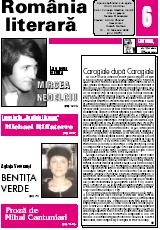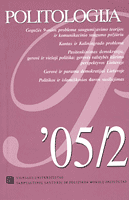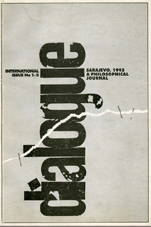Hegels Phänomenologie des Willens und der Standpunkt des Pluralismus
Hegelova fenomenologija volje i stav pluralizma
Die Analyse von Hegels Werk Grundlinien der Philosophie des Rechts, und insbesondere der Vorrede (§§ 1–32) eröffnet die Möglichkeit, dass dem Denken der modernen Praxis und der Begründung der praktischen Philosophie aus dem gesamten Konzept der Phänomenologie des menschlichen Willens heraus eine volle philosophische Legitimierung verliehen wird. Wir gehen von der Überzeugung aus, dass bei Hegel das Konzept einer einzigartigen Geschichte der Erfahrung der Entstehung des menschlichen Willens am Werk ist. Hegels Entwicklung des Standpunktes von der Geschichtlichkeit des Willens, die durch das historisch angespannte Verhältnis zwischen der Form und dem Inhalt des Willens, durch die Evolution der Form des Willens in Momenten der Allgemeinheit, Besonderheit und Einzelheit, schließlich aber auch durch die Differenzierung des Prinzips der Seligkeit und des Prinzips der Freiheit vonstatten geht, bildet eine philosophisch legitime Grundlage für das Verstehen und Begründen der modernen Auffassung vom Pluralismus als praktisch- philosophischer, ethisch-philosophischer, weltanschaulicher und politischer Begriff.
More...


